Conspiracy Theories and Misinformation
Conspiracy theories and misinformation are abundant in social and political discourse, so much so that many commentators believe we are living with an “infodemic” of false, confusing, and misleading information. In this workshop, we will examine the factors that attract people to these alternative narratives in the first place, what their consequences are for individuals, groups, and societies, and why people are inclined to share them. We also discuss what can be done to address some of the more damaging consequences of conspiracy theories and misinformation.
We will consider questions such as:
- What is the appeal of conspiracy theories and misinformation?
- What are the consequences of conspiracy theories and misinformation, and what can we do about them?
Workstream Leaders
Karen Douglas

Professor of Social Psychology at the University of Kent in the United Kingdom. She is currently director of the CONSPIRACY_FX Project, funded by a European Research Council Advanced Grant, to study the consequences of conspiracy theories for individuals, groups, and societies.
Sinan Alper
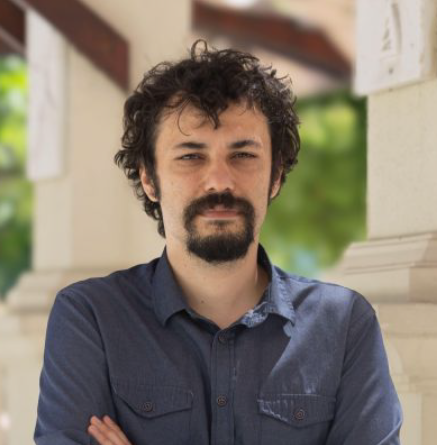
Associate Professor in the Department of Psychology at Yaşar University. He is the principal investigator of two ongoing research projects, funded by TÜBİTAK, on topics related to conspiracy theories, paranormal beliefs, and pseudoscience beliefs.
Guest Teachers
Ricky Green
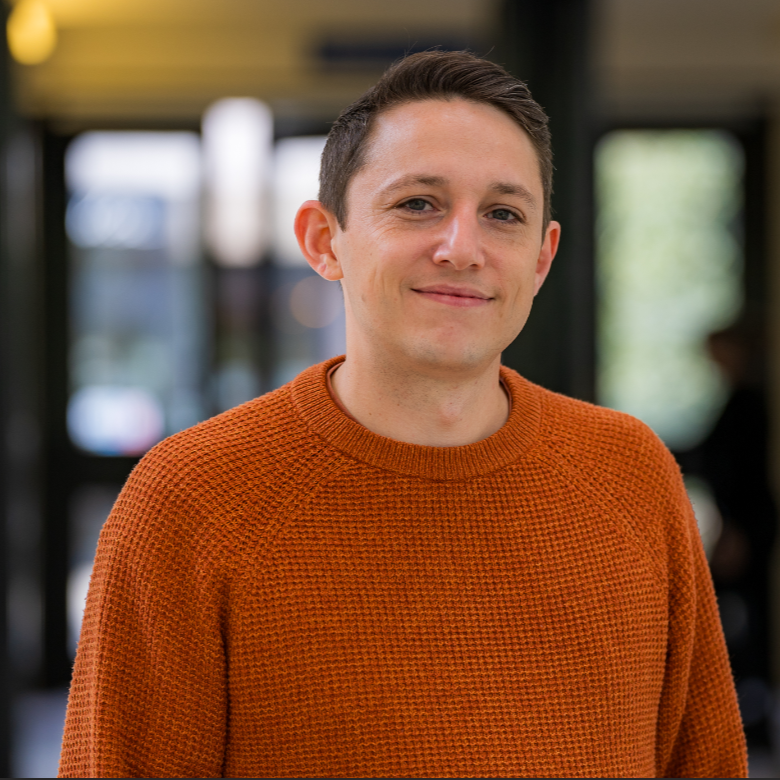
Dr Ricky Green is a social psychologist with an MSc in Political Psychology and a PhD in Social Psychology from the University of Kent. During his studies, he focused on the antecedents of conspiracy belief, such as attachment anxiety, emotion dysregulation, and collective narcissism. Now, as a postdoctoral researcher on the ERC-funded CONSPIRACY_FX project, he examines the societal and psychological consequences of conspiracy theories, especially in how they shape perceptions of conspiracy believers and groups. His recent research includes survey experiments assessing how people view individuals who share conspiracy theories versus those who do not, as well as a field experiment using the lost letter technique to observe cooperative behaviour toward conspiracy groups in the real world.
Daniel Toribio Florez
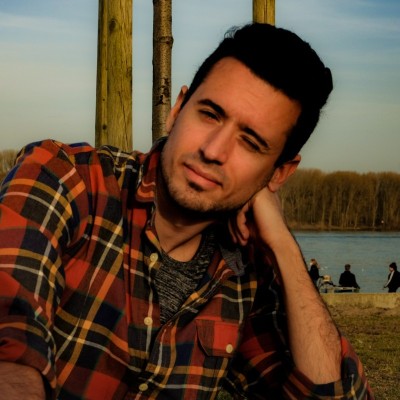
Daniel holds a BSc in Psychology from Universidad Autónoma de Madrid, an MSc from the Vrije Universiteit Amsterdam, and a PhD from the Max Planck Institute for Research on Collective Goods. He is a full member of EASP and alumnus of the EASP Summer School (2020). Currently, as part of the ERC CONSPIRACY_FX project at the University of Kent, Daniel’s research examines how conspiracy beliefs impact political attitudes, behaviors, and interpersonal relationships. His work intersects with broader interests in social norms, attitudinal ambivalence, and cognitive conflict, extending to the areas of political psychology, moral judgment, and decision-making. Committed to open science, Daniel is also interested in improving replication, transparency, and accessibility in science.
Mikey Biddlestone
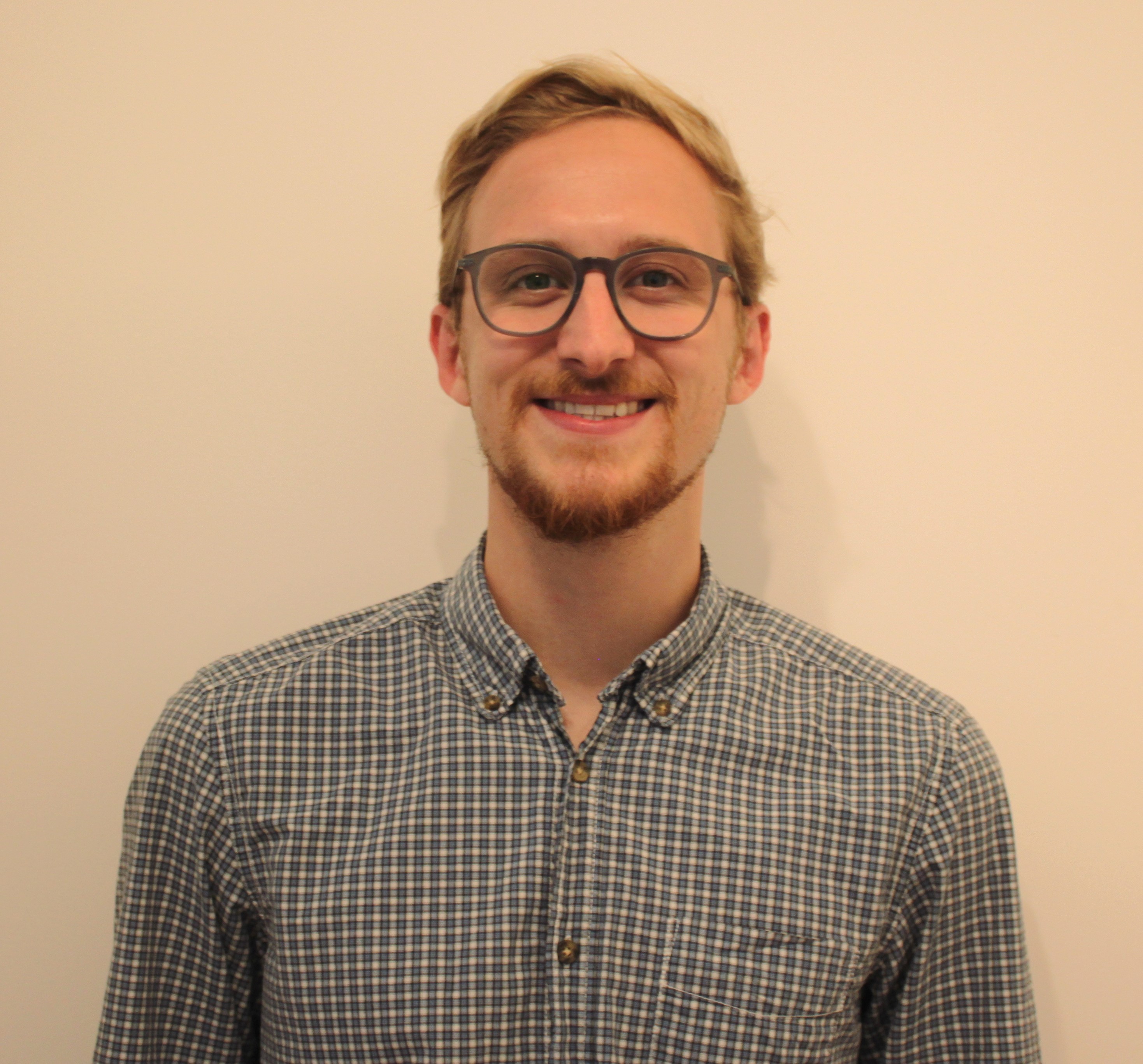
Mikey Biddlestone is a Postdoctoral Research Associate on the CONSPIRACY_FX team. He has published meta-analyses of the literature, as well as experimental work testing misinformation interventions and the motives associated with conspiracy beliefs.
Theofilos Gkinopoulos
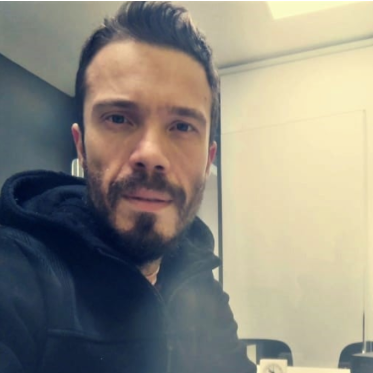
Theofilos Gkinopoulos is an assistant professor at the Institute of Psychology of the Jagiellonian University and a visiting lecturer in mixed methods at the University of Warsaw (Faculty of Psychology). His current research focuses on understanding the intradividual and intergroup antecedents and consequences of people’s beliefs, including conspiracy beliefs, and behaviors in times of crises. He has also been guest (co)editor of three special issues on intergroup apologies, morality and social norms.
